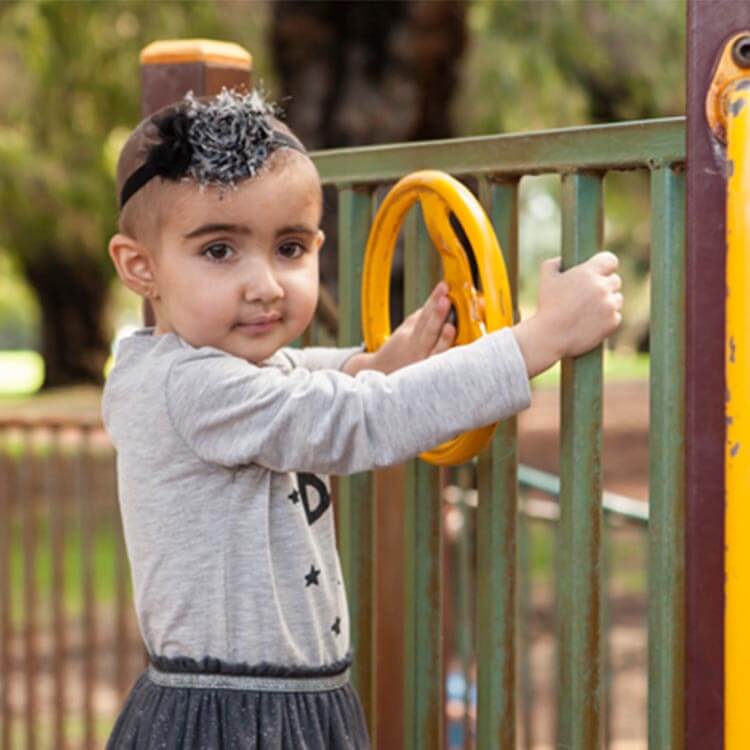Search
Research
Innovative Playful Learning Approaches to Improve Children’s Readiness for Primary Education in UzbekistanThe Government of Uzbekistan has committed to reforming preschool education, prioritising upskilling teachers to use international best practice.
Research
Review of Universal Access Funded Aboriginal Children with Hearing Impairment Support ProgramIn 2021 the South Australian Department for Education commissioned The Kids Research Institute Australia to undertake a review of the Hearing Impairment Support Program (HISP).
Research
Evaluation of the Positive Parenting ProgramIn 2016, the Australian Centre for Child Protection (ACCP) and The Kids Research Institute Australia (The Kids) were engaged to evaluate the implementation and impact of Triple P in South Australia.
Research
Analysis of gender differences between boys and girls in South AustraliaThe Department for Education commissioned this report to understand how such gender differences in early childhood may influence outcomes later in life.
Research
Early literacy skills: review of evidence for pedagogical approaches that best support children’s early literacy skillsRecent evidence indicates that a child’s home learning environment is the strongest predictor of success in later reading abilities and that for children not receiving structured language and reading support at home.
Research
Evaluation of Children's Centres in South AustraliaYasmin Harman-Smith BA, BHlthSc(Hons), PhD Head, Early Years Systems Evidence; Head, Tenders Support Unit Yasmin.harman-smith@thekids.org.au Head,

Research
Evaluation of the Community Playgroup ProgramThis evaluation explored the facilitators & barriers that influence Community Playgroup attendance, and the impact of attending playgroups on child development.
Research
Public Health Approach to Child Abuse and Neglect: Antecedents and Outcomes (Apr 2012 to Jun 2019)This project uses longitudinal population data provided through the Developmental Pathways in WA Children Project (Developmental Pathways Project).
Research
Evaluating a community-based early childhood education and development program in Indonesia: study protocol for a pragmatic cluster randomized controlled trialThe aim of the trial is to evaluate a community-based early education and development program launched by the Government of Indonesia.
Research
Associations Between the Early Development Instrument at Age 5, and Reading and Numeracy Skills at Ages 8, 10 and 12: a Prospective Linked Data StudyThe objective of this paper is to determine how well the EDI predicts a child's later literacy and numeracy outcomes as assessed by the National Assessment...
